Cash, not caliphate, drives kidnappers in Philippines
Abu Sayyaf are gangsters posing as religious fanatics, experts and military commander say
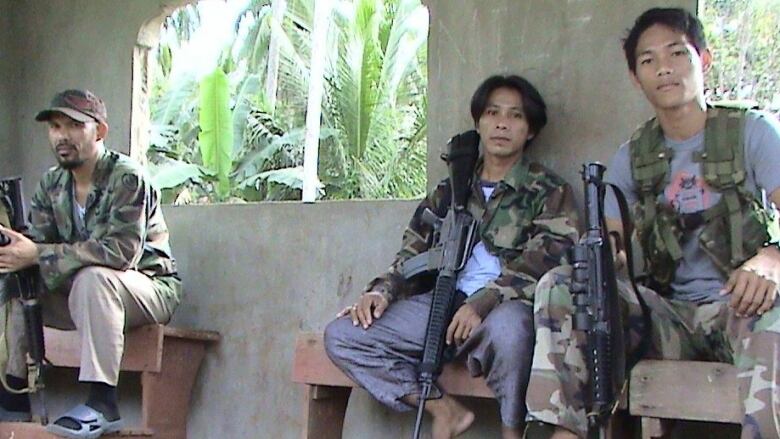
The captors' video has all the markings of the now-familiar terror genre.
There are masked gunmen, handcuffed prisoners in orange shirts, a blackflag with Arabic writing. There are threats to kill "infidels,"and manyreferences to Allah.
But for those responsible for beheading Canadian Robert Hall this week agroup called Abu Sayyaf it's considered mostly a facade. They havebecome gangsters posing as religious fanatics, experts and militarycommanders say, using extortion to bankroll themselves.
They demanded more than $8-million for the release of Hall, and the same amount for the life of retired Canadian mining executive and journalist John Ridsdel in April. Sources say offers of more than $1million were rejected as not enough.
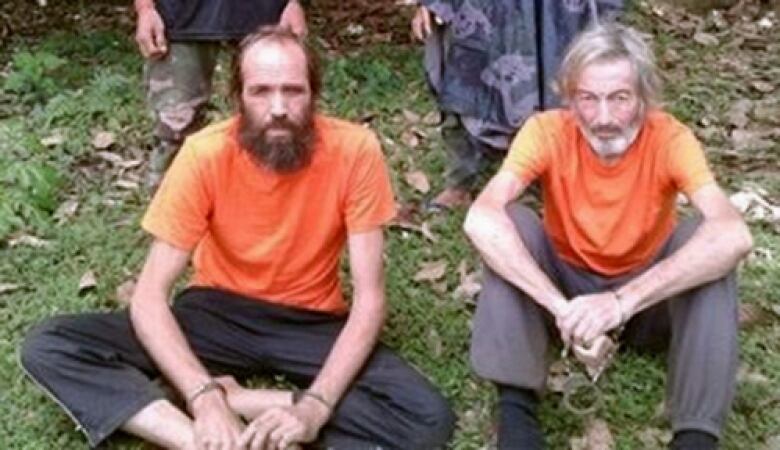
The Hall family put out a statement saying, "The efforts to free Robert werevast and exhaustive." They also said they "wholeheartedly" supportOttawa's position not to pay ransom to kidnappers.
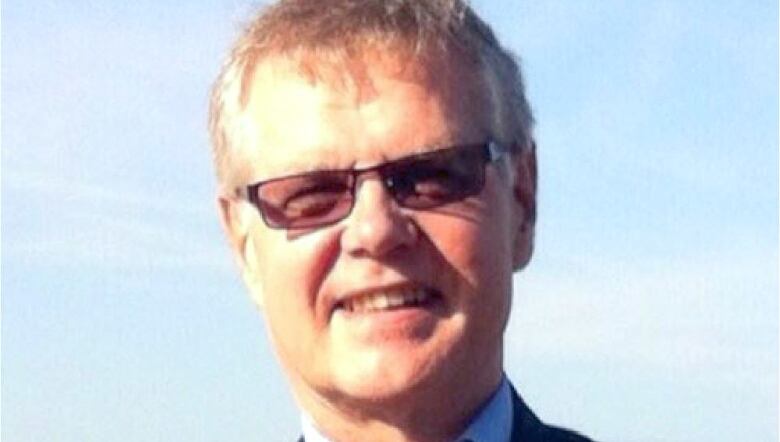
"What's the purpose? Just to get the money," says Col.Roy Trinidad, aformer commander in the Philippines Special Forces who spent years goingafter Abu Sayyaf in the jungles of the south.
Indeed, more than half the Philippine military is stationed in that region,with thousands of troops specifically targeting Muslim extremists.
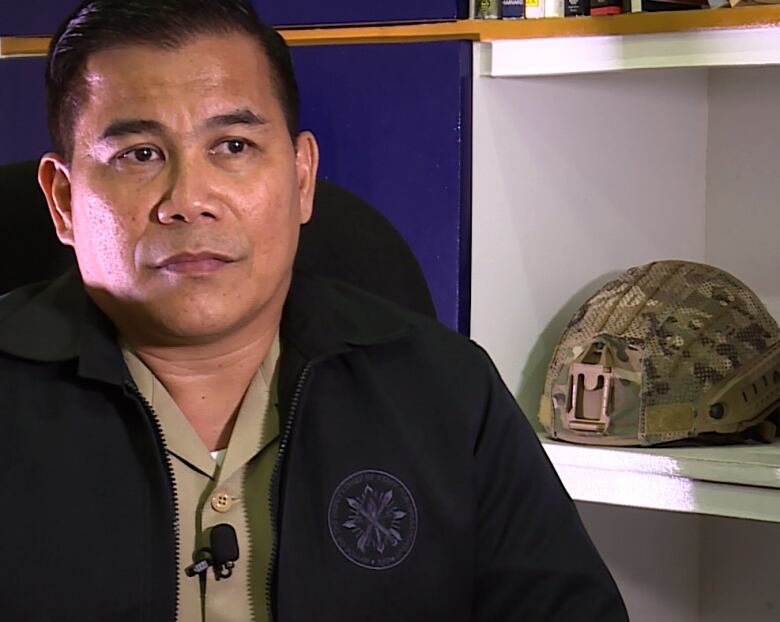
Greed doesn't seem to have always been its driving motive. Abu Sayyaf("Bearer of the Sword"in Arabic), started with solid credentials inthe world of Muslim extremists.
Originally a violent offshoot of anindependence movement for the impoverished islands in the south of thePhilippines, it was funded by Osama bin Laden's brother-in- law, recognizedby al-Qaeda, and led by jihadists fresh from Afghanistan. They wanted theirown caliphate.
It had links to Jemaah Islamiyah, the Indonesian militant group responsiblefor the 2002 Bali bombings. And most recently, it switched allegiances witha vow of loyalty to ISIS and a nod of support from the Syrian-based terrorflag-bearer.
Westerners are the most valuable
But Abu Sayyaf gradually learned that human lives have a high cash value,especially if those seized are Westerners.
One security consultant in thePhilippines says an informal ransom list is about $10,000 for Filipinos,$100,000 for others in the region and at least $1million for NorthAmericans and Europeans.
"Of course, the foreigners have the capacity to pay," says Trinidad. "Thesebandits have been involved in kidnap for ransom because it is lucrative.They have turned their backs on the ideological struggle that they once espoused."
The ransoms demanded increased significantly in 2014 after a Germancouple was kidnapped from their yacht and released after an unprecedentedamount was paid, reportedly as much as $5million each.
- Why refusing to pay ransoms may not protect Canadians
- A hostage's death tests a new Canadian government
Even as Hall and Ridsdell were seen begging for their lives, others werebeing quietly released after ransom deals were negotiated on their behalf.
Fourteen Indonesian sailors left the Philippines just days after Ridsdel'sexecution.
Still, some say the ransom inflationisn't just about greed on the partof AbuSayyaf.
'Everybody has their finger in the pie'
Many others in the southern Philippines also get a cut, says MarcSinger, director of business intelligence for Pacific Strategies andAssessments, a Manila security consulting firm that has been involved insome hostage negotiations. That's part of the reason many in the localcommunity support Abu Sayyaf.
"Everybody has their finger in the pie," says Singer.
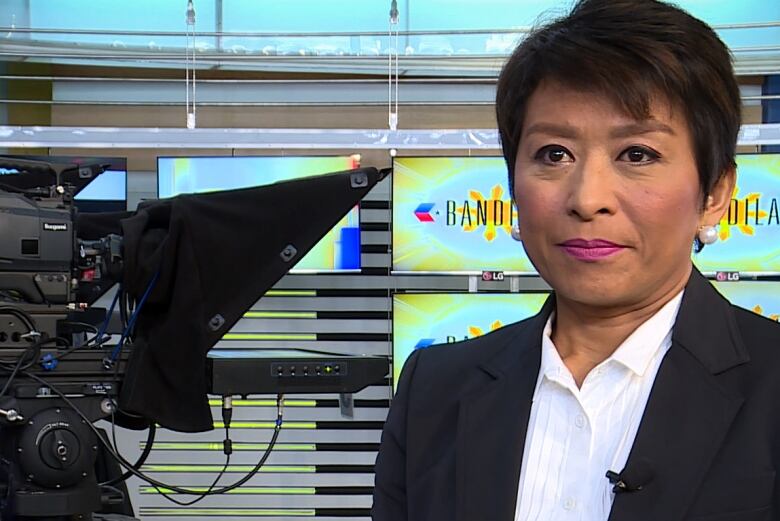
Recently, a retired Italian priest and pizza restaurant owner in thePhilippines was released after his family paid $600,000 in ransom, arelatively low amount. Singer says the key was that the family dealt directlywith the kidnappers and cut out all government and military officials.
Ces Drilon knows all about the negotiations that can lead to success orfailure, life or death.
TheFilipina TV reporter was kidnapped byAbu Sayyaf in 2008. She remembers listening as her captors haggled on the phoneover theprice of her freedom, just minutes before the deadline.
"I was prepared. My prayers were for God to give me the grace to accept mydeath, if ithappened," she says.













_(720p).jpg)


 OFFICIAL HD MUSIC VIDEO.jpg)
.jpg)



























































































